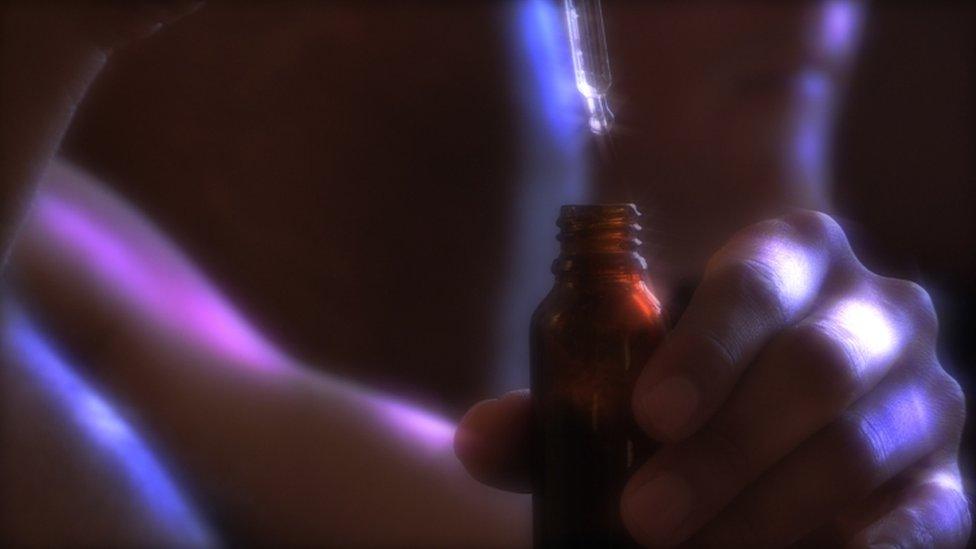Stephen Port victim inquest told 'no link' between deaths
- Published
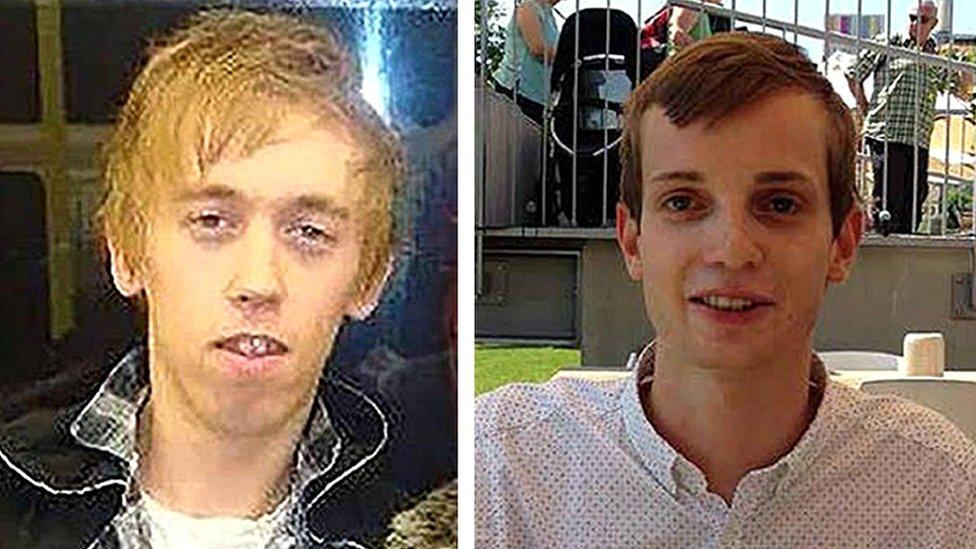
Anthony Walgate (L) and Gabriel Kovari (R) were Stephen Port's first victims
An inquest into the death of a victim of serial killer Stephen Port was told the case was not linked to the first man he murdered, transcripts show.
Port, 41, was given a whole life prison term for the murders of four men.
At Gabriel Kovari's inquest in June 2015, police were asked if there could be a connection to the death of Anthony Walgate the year before. A detective said there was "no link apparent".
Port went on to murder his fourth victim in September that year.
Coroner Nadia Persaud recorded an open verdict at Mr Kovari's inquest, saying there was no "reliable evidence" on which to base her findings.
The police watchdog is investigating how the serial killer case was handled.
The Independent Police Complaints Commission (IPCC) is examining the initial police response to the deaths of the four men in London.
A total of 17 Metropolitan Police officers are under formal investigation.
Mr Kovari, 22, was found dead in an east London churchyard on 28 August 2014, three weeks before the body of another Port victim - 21-year-old Daniel Whitworth - was found in the same spot.
A fake suicide note found in Mr Whitworth's hand - which had in fact been written by Stephen Port - said he had accidentally killed his lover Mr Kovari and was taking his own life as a result.
Police accepted the note at face value and treated the deaths as non-suspicious, despite concerns being raised by people close to both men.
Earlier that year, in June, the body of 23-year-old Anthony Walgate had been found 500m away outside Port's flat, but local police did not conduct a murder inquiry despite discovering Port had lied about the circumstances of the death.
The three men had all died from fatal overdoses of date-rape drug GHB.
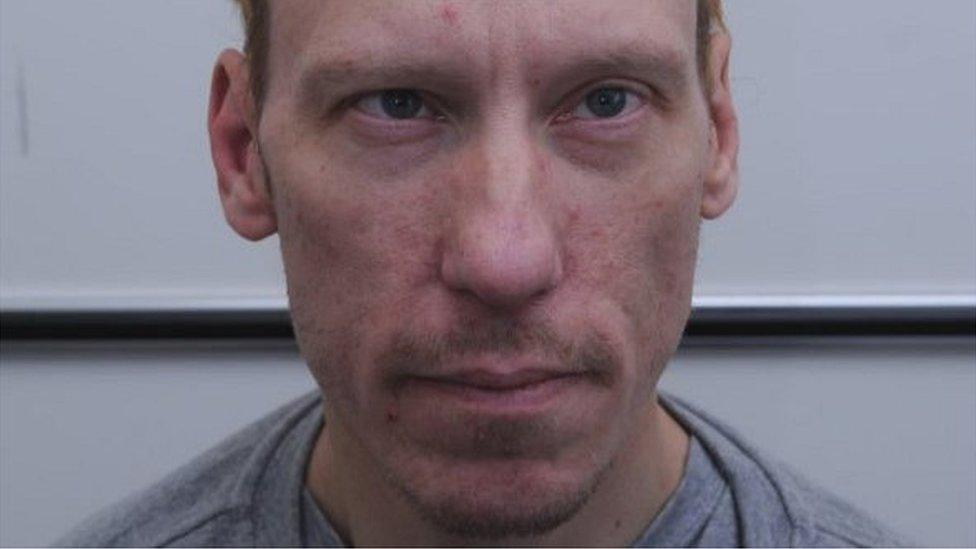
Port, 41, from London, was given a whole life prison term for the murders of four young men
Transcripts of Mr Kovari's inquest obtained by the BBC reveal that his former flatmate, John Pape, raised concerns about a possible link between the death of his friend and that of Mr Walgate.
A detective who gave evidence at the inquest was asked by Mr Pape about the "unexplained death, quite close to the cemetery".
He added: "Was it even considered that there could be any link with that?"
Det Insp Rolf Schamberger replied: "I wasn't involved in that investigation, but I'm aware that an incident took place nearby not long beforehand, and that there was consideration given to there being a link.
"But to the best of my knowledge, no link was ever established. And certainly, in my dealings with the investigation later on, there was no link apparent to the other case at all."
The detective told the inquest that police had been unable to place Mr Whitworth and Mr Kovari together, which might have been expected had claims of a relationship made in the fake suicide note been true.
However, Det Insp Schamberger said police had done "work around social media" to check whether the Gabriel mentioned in the note was actually Mr Kovari.
"We believe it was the same person," he told the coroner.
But when Scotland Yard detectives later conducted the extensive murder inquiry they found no links between the two men.
Port had falsely linked them together in order to cover up his crimes.
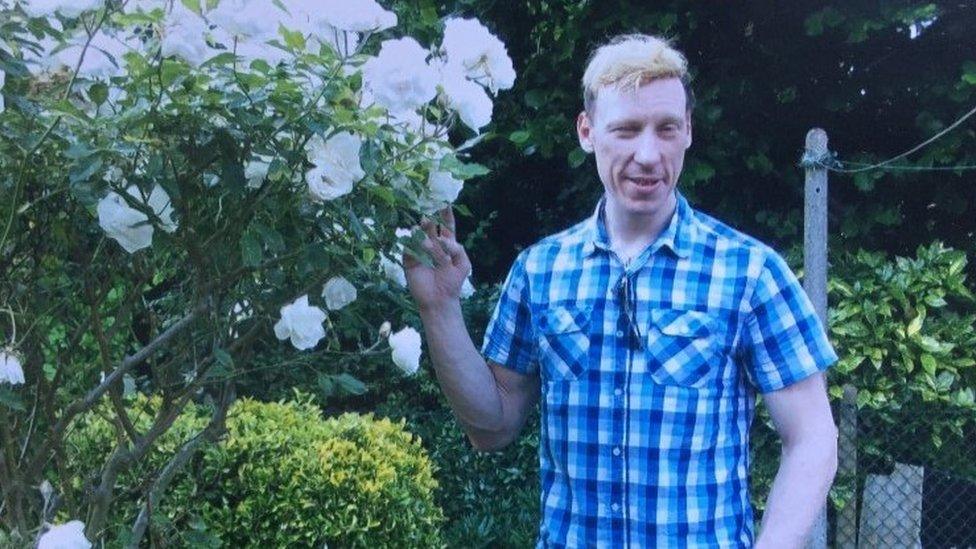
Port killed his victims with the date-rape drug GHB
The transcripts show Coroner Nadia Persaud questioned Det Insp Schamberger about the police response to Mr Kovari's death, including whether his mobile phone had been examined.
Det Insp Schamberger replied "as far as I know it was", but then said he was unsure.
The coroner asked: "Do you recall whether Gabriel's phone was checked or not?"
He responded: "I can't say. It's something which I would have requested, but I can't confirm that right now, I'm afraid."
In fact, like all Port's victims, Mr Kovari's phone has never been recovered.
The coroner asked whether the officer had been "able to examine the clothes that Gabriel was wearing" for DNA.
Det Insp Schamberger said Mr Kovari's clothing "had been disposed of".
But, when sunglasses found on Mr Kovari's body were tested by the later murder inquiry, Stephen Port's DNA was found on them.
After Anthony Walgate's death local police had actually taken samples of Port's DNA, meaning he could have been identified.
Coroner Nadia Persaud concluded the inquest, held at Walthamstow Coroner's Court, by saying she did not "have sufficient evidence to reach any conclusion other than an open conclusion".
'Missed opportunities'
In September 2015 - four months after the inquest - Stephen Port killed 25-year-old Jack Taylor.
He was charged with four murders the following month after the case was passed from local police to specialist homicide detectives.
Commander Stuart Cundy, from the Met's Specialist Crime and Operations command, has said that evidence heard at Stephen Port's trial "did identify potentially missed opportunities to catch Port sooner".
"If the IPCC inquiry highlights further areas of learning for the Met where we could have acted better we will of course take those lessons on board and respond accordingly.
"If the investigation finds evidence of potential misconduct against any officer that will also be carefully considered."
- Published25 November 2016
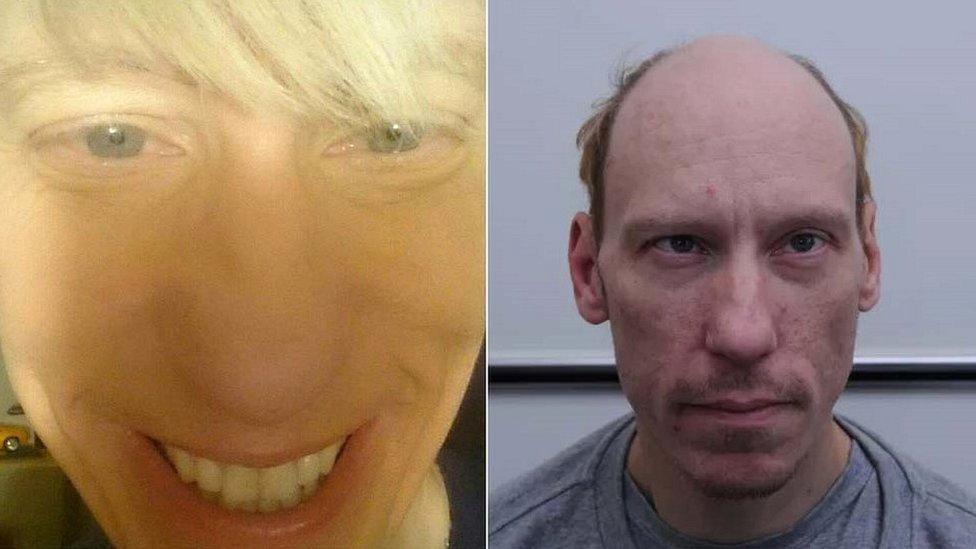
- Published25 November 2016
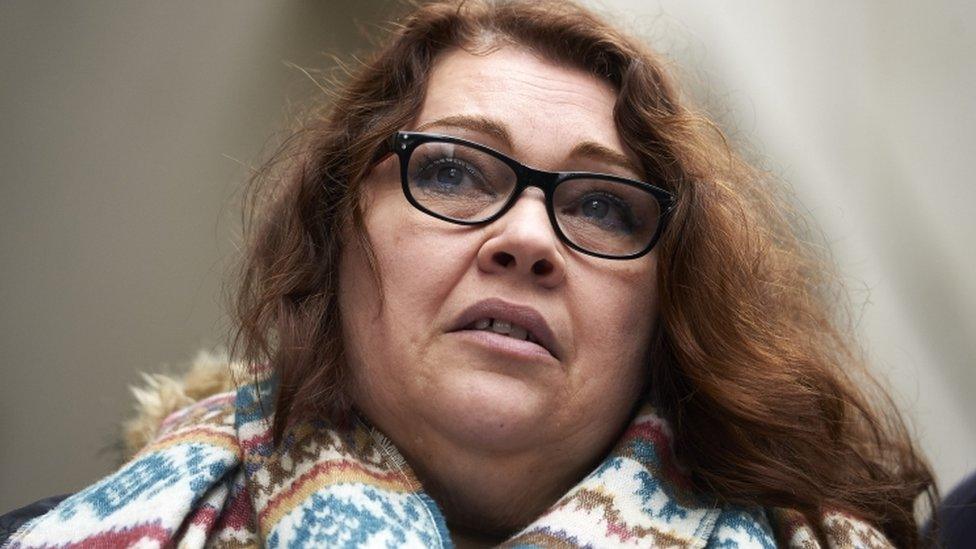
- Published25 November 2016
